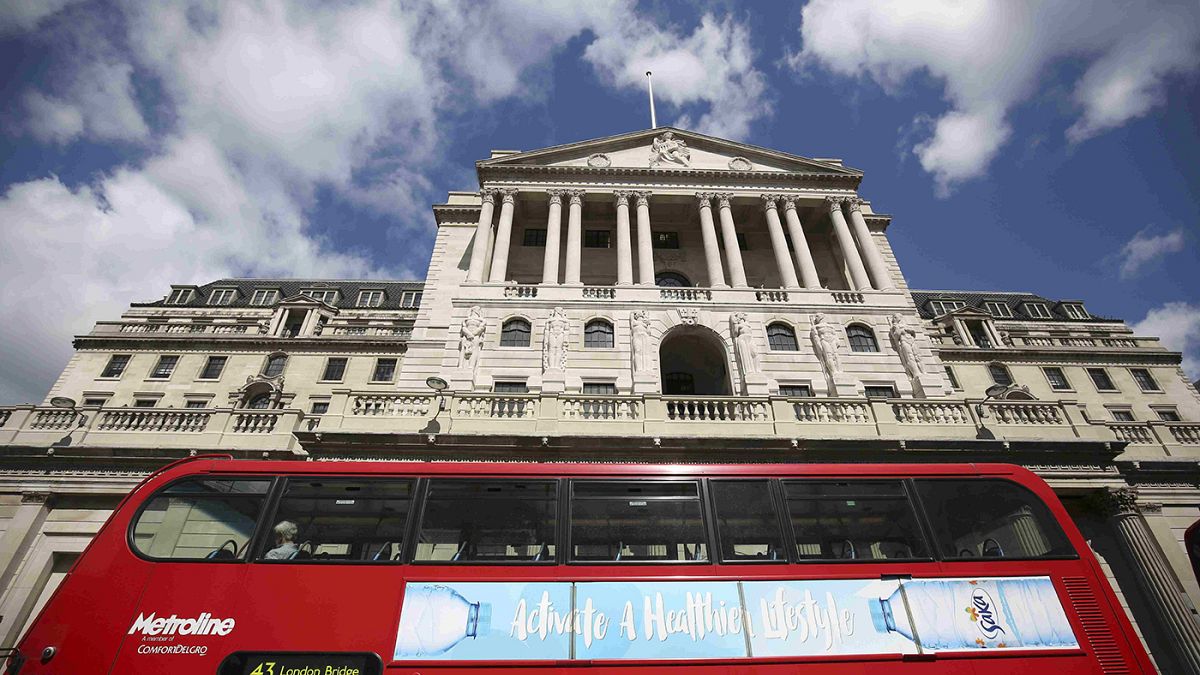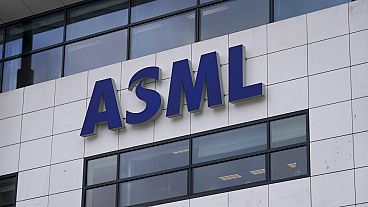UK finance minister Philip Hammond has welcomed the stimulus measures announced by the Bank of England; in reaction London's FTSE 100 share index rose and the pound fell in value.
Not surprisingly, UK finance minister Philip Hammond welcomed the stimulus measures announced by the Bank of England.
He has been told by Bank Governor Mark Carney that the British government also needs to do more to help the economy get over the impact from the Brexit vote.
Hammond responded that over the coming months the data from the real economy would be reviewed to see whether a fiscal response is needed in his Spending Review and Autumn Statement later this year.
He said: “Right now we’re trying to protect jobs and economic growth, and the measures that have been taken today have been designed to ensure that any increase in unemployment as a result of the economic slowdown is kept to the absolute minimum possible and to support economic growth through the next 18 months, two years, as we face this period of uncertainty as we negotiate our exit from the European Union.”
As the shape of new relationship with EU becomes clear
it’s right that monetary policy is used to support our economy— Philip Hammond (@PHammondMP) August 4, 2016
The stimulus measures pushed up London’s FTSE 100 share index by 1.59 percent and pulled down the cost of borrowing for the government. UK government bonds due to repaid in 10 years time saw their yield – the amount of interest paid – fall to a record low.
U.K. gilts yields plunge to records after BOE rate cut, driving Treasury yields lower https://t.co/AkD6xAHpeE
— MarketWatch (@MarketWatch) August 4, 2016
The pound slid by at least one percent against all major currencies and lost 1.4 percent against the US dollar.
The Bank of England’s forecasts for lower growth have the financial markets believing there is more stimulus to come.
Analyst Mike Ingram with BGC Partners said: “The market currently seems to be thinking that yes we have had this quarter point rate cut today, however we’re going to see more, that’s what the market is saying, I just has a quick look at the Short Sterling futures and what they seem to be indicating is about a 40 percent chance of UK rates being cut to zero by year end.”
European shares also rallied continuing the recovery from the hit they suffered in late June, following the shock Brexit vote.
Investors were in a buying mood because of the Bank of England’s action and upbeat forecasts from the likes of German industrial conglomerate Siemens and insurance company Aviva.



